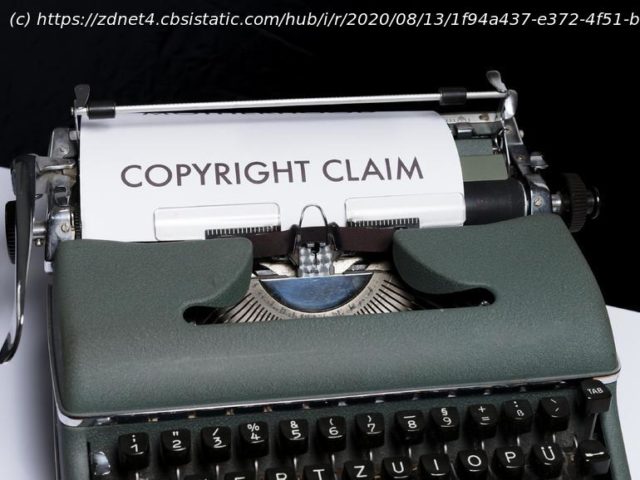The changes include a new fair dealing exception that allows cultural and educational institutions, governments, and other persons engaged in public interest or personal research to quote copyright material.
The Australian government has announced it will make reforms to the nation’s copyright laws in a bid to better support the needs of Australians in an increasingly digital environment. The decision comes after two years of industry consultation and is the government’s response to copyright recommendations made by the Productivity Commission four years ago. « Australia’s copyright system underpins our creative economy and these reforms provide clear and reasonable public interest access to copyright materials, while maintaining the incentives and protections for content creators, » said Minister for Communications, Cyber Safety and the Arts Paul Fletcher. « The need for change has been further highlighted during COVID-19, with schools, universities, cultural institutions, and governments moving more services online. » The proposed copyright reforms are focused on five main measures: Introducing a limited liability scheme for use of orphan works; a new fair dealing exception for non-commercial quotation; amendments to library and archives exceptions; amendments to education exceptions; and streamlining the government’s statutory licensing scheme. The new limited liability scheme for use of orphan works — copyright materials that do not have an identifiable copyright owner — would allow the use of orphan works where a « reasonably diligent search » for the copyright owner has been undertaken so long as the work is clearly attributed. According to the Department of Infrastructure, Transport, Regional Development and Communications, the new scheme would have the dual benefit of opening up orphaned copyright material to be used in modern creative endeavours, as well as provide public institutions with greater access to a larger collection of works.
Home
United States
USA — software Australia to reform copyright laws in face of digital and COVID-19 world






